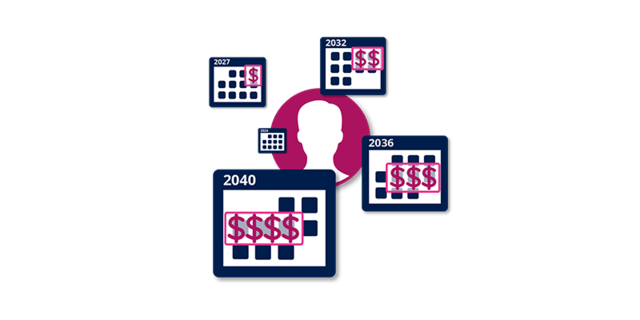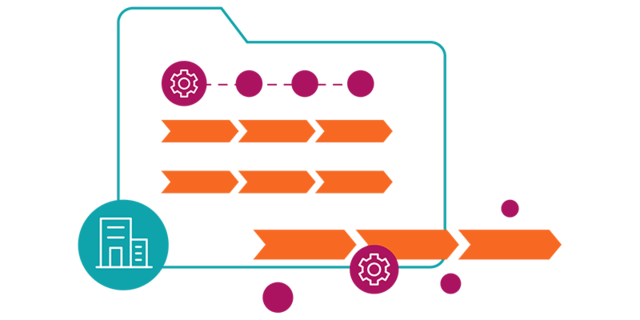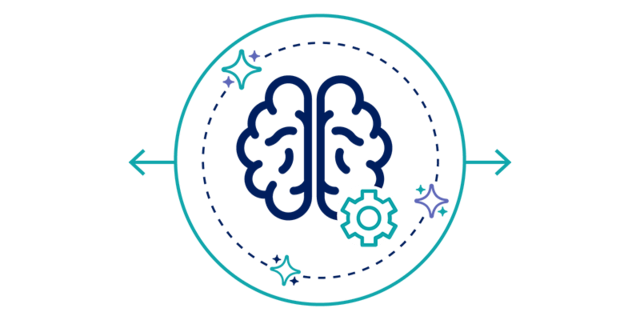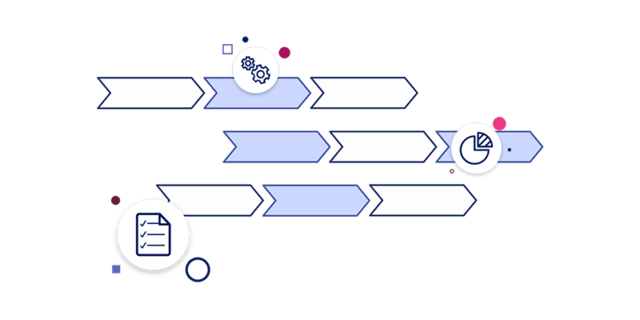
Introduction to citizen development

What is citizen development?
According to the Project Management Institute, a citizen developer is "someone who can build applications without coding knowledge, but usually with the support of IT". A citizen developer may work either as an individual 'maker' or as a member of a squad or fusion team, helping organizations to streamline application development and improve efficiency while maintaining governance and avoiding "shadow IT".

Citizen development vs. professional development
Citizen development
Citizen developers are business process experts who build back-office workflows without coding knowledge on a platform that is sanctioned and supported by IT. Empowering business people in this way means faster delivery, more innovation, and higher rates of application adoption. Effective governance eliminates risk traditionally associated with ‘Shadow IT.’
Professional development
Skilled developers in IT use low-code tools to build complex and mission critical enterprise solutions. They may also build reusable components that can be assembled by citizen developers, provide coaching, and collaborate with citizen developers in fusion teams.
Citizen development powers future-focused business
From streamlining workflows to reducing backlogs, an effective citizen development program empowers business to develop apps that respond to nuanced needs, quickly. It starts with executive buy-in, spurs collaboration, and fosters a culture of innovation and growth, with governance. Add IT oversight and citizen development is a game-changer.
Move at the speed of change. Compliance included.
- Empower citizen developers to speed up traditional development timelines while reducing IT backlogs. When done well and with effective governance, a citizen development program enables fast and frequent releases and scalable processes.
- Because business can lean in to build workflow solutions, citizen development empowers and engages fusion teams while fostering a culture of innovation and cross-functional collaboration.
- A flexible low code platform utilized by citizen developers allows enterprise companies to stay agile, outmaneuver competition, and meet customers where they are, all while avoiding 'shadow IT'.
- Companies that enable citizen development programs achieve fast development turnaround times and nimble processes, allowing IT to scale efficiently across platforms, from web to mobile and email to chat. All with confidence, compliance, and effective governance.


Continual transformation is key for growth at scale. Empower your workforce to unlock agility.

How does citizen development work?
Successful citizen development has three key components: processes, people, and technology. Start with executive buy-in and aligning business and IT. Next, create a cross-functional community to set best practices and provide coaching. Finally, pick low-code software with essentials like transparency and governance.
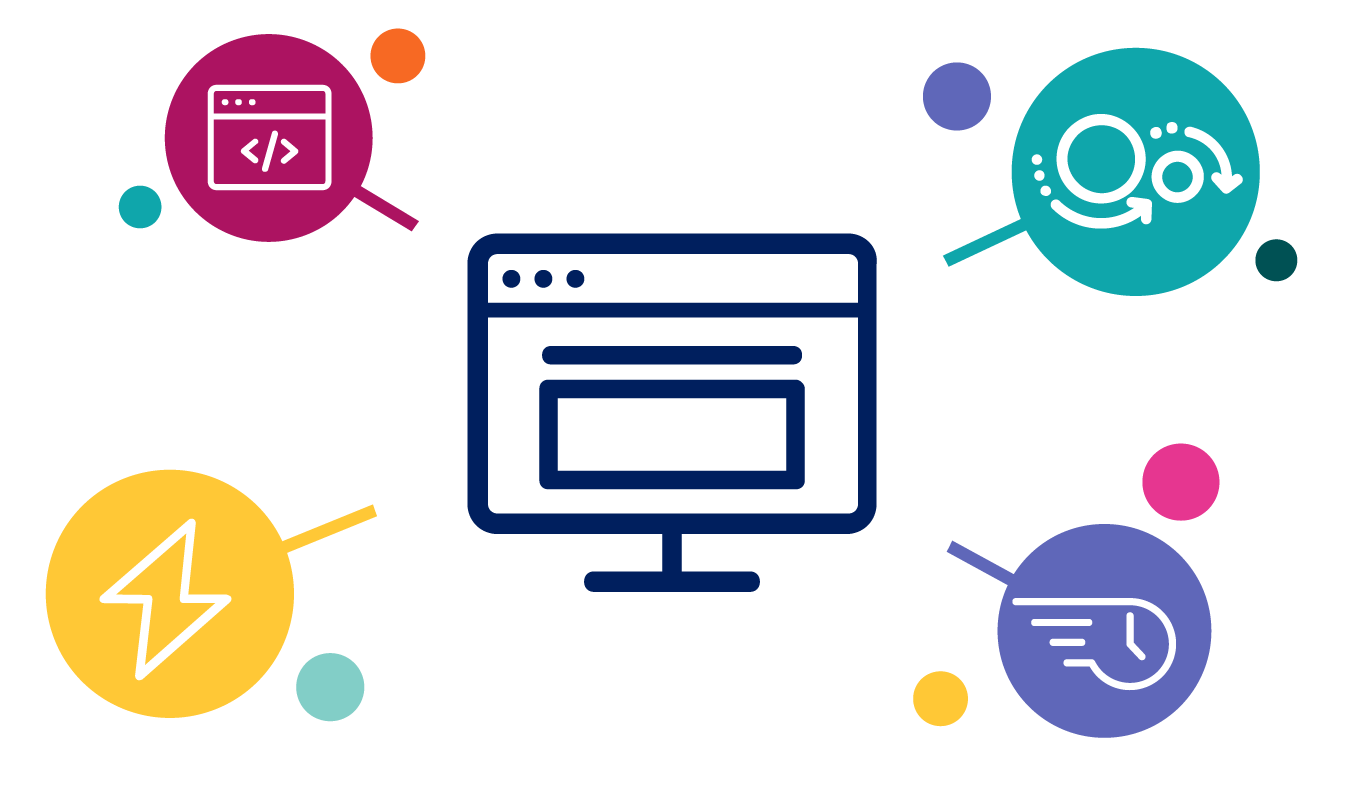
Key citizen developer skills
While these builders may not be coding experts, they still require certain critical skills to become successful citizen developers. Citizen developers must be masters in:
Creativity and problem-solving
Citizen developers should excel at thinking outside the box. Their ability to address challenges creatively contributes to effective application development.
Adaptability
Today’s business environment is fast paced. Flexibility allows citizen developers to handle changing requirements and ensure that applications remain relevant.
Collaboration and communication
Citizen developers must thrive on collaboration. Clear communication ensures that ideas flow, leading to business-aligned application development.
Understanding of governance
Citizen developers need a profound understanding of governance. This allows them to contribute to a secure and compliant technological landscape, aligning their innovations with organizational goals.
Analytical thinking
Citizen developers should be comfortable analyzing requirements and understanding the nuances of business processes. This analytical thinking enables them to craft applications that precisely meet organizational needs.

Challenges of establishing a citizen development program
While the benefits of establishing a successful citizen development program make it worthwhile, it comes with a few challenges:
- Executive buy-in and alignment: Securing executive buy-in and aligning business and IT goals is a foundational challenge. Without strong support at the top, the program may struggle to gain traction and achieve its full potential.
- Building a cross-functional community: Creating a collaborative community that spans different functions is essential. Challenges may arise in establishing effective communication and best practices within this diverse group.
- Selecting the right low-code software: Choosing low-code software is critical. Ensuring transparency, governance, and essential features is challenging but essential for a successful citizen development program that avoids the trappings of “shadow IT.”
Addressing these challenges head-on will pave the way for a robust citizen development program that contributes to a culture of innovation and efficiency.

Why is there a growing need for citizen developers?
The escalating demand for citizen developers is a strategic response to business evolution. Their role expedites development, fostering innovation and cross-functional collaboration. Citizen development programs provide agility, allowing companies to outmaneuver competition and scale across platforms efficiently. By embracing flexible low-code platforms, organizations can engage citizen developers to meet diverse customer needs while avoiding “shadow IT.”
The result? Accelerated growth, competitive advantage, and confidence in compliance and governance.
Resources on citizen development
The Pega Approach
Meet Pega’s Low-code Factory
Your Low-code Factory
All your App Factory resources
Pega App Builder
Start your learning module
App Factory Training
Start your learning module
The Pega Platform
Get to know the Pega Platform
Pega UX framework
UX resources all in one place
Frequently Asked Questions about citizen development
Ready to learn more?


